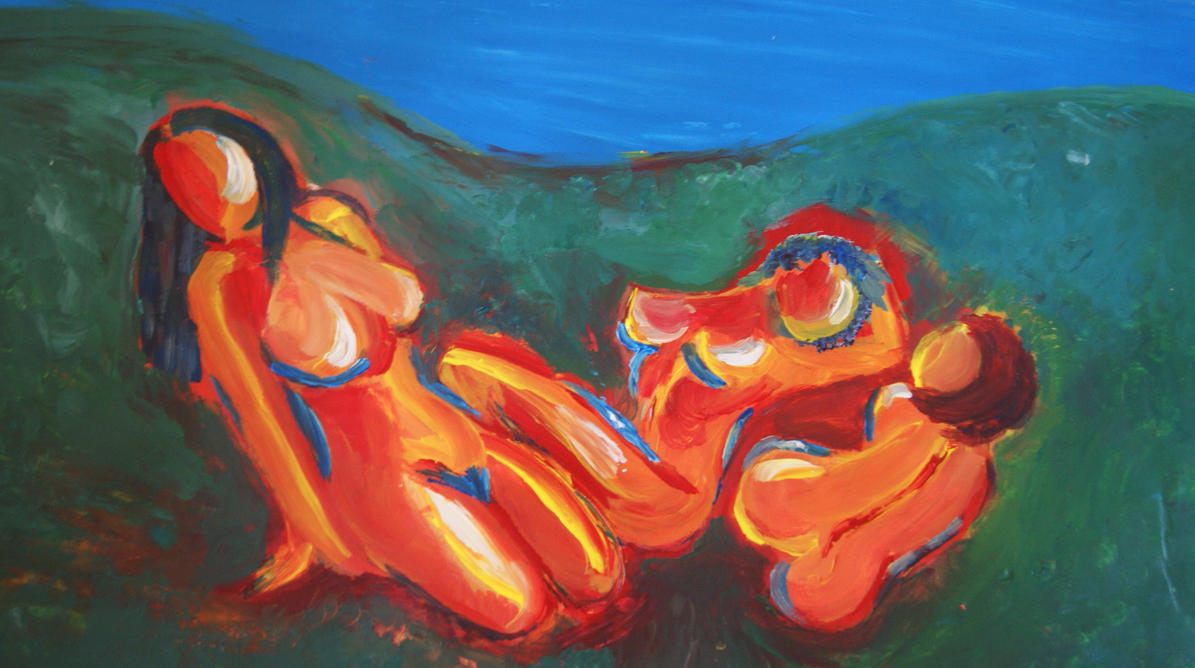This weekend during the seminar we learned about the more
artistic side of French culture. We focused on architecture and painting. This
was by far my favorite seminar because I’m an artistic person. As we
constructed our presentations on the art based topic that Mr.Sarabia gave us I was
very intrigued by fauvism and cubism. I didn’t receive cubism myself but Elias did.
As he did his presentation and was researching examples of cubism I couldn’t help
but notice the similarities of French art forms to street art and modern art.
The modern art we see today consist of bright colors which often hold
metaphorical value like in fauvist art, or has many different geometrical
figures constructed abstractly to hold significance like that of cubism. After
acknowledging these similarities I felt inclined to research French street art,
trying to find influence in an area I’m a little more familiar with (street art
bein g the most popular in today’s generation).
g the most popular in today’s generation).
 g the most popular in today’s generation).
g the most popular in today’s generation).
France’s history of street art begins in the post-world war period.
This is not a surprise knowing that different forms of art have and still do
play a large role in social political aspects of French culture. In France art
has always been more than entertainment, it hold more value. France has always
nurtured its revolutionary past, which matched great with art that that came
out of the resistance. Artist love that they can send a message that some may
and some may not be able to receive. This sort of satisfaction was also in
street art, consistent with the anonymity of the artist creation. Street art
also takes this aspect of hidden messages in images that appear clear and
frankly simple from fauvism that uses less complex figuring but use bright
sophisticated color schemes. Plainly looking at fauvist art and modern street
art the similarities might not catch your eye. But if you think of the reasoning
why the piece of art was created and the process behind it you may find images significance.
I know when I think of modern art or architecture I think of
straight lines, complex shapes and bold colors. Everything about modern art is
very sleek and simple in its presentation but like majority of art holds an
underlying message or contour. Modern art is very similar to cubism in that way.
Cubism consist of geometric figures to form nonrealistic displays or setting
unlike that of traditional French art that was very detailed to represent day
to day life or significant life events.
I feel like my topic understanding from the class would
really fit the Centre Pompidou walk. It offers the world largest collection of
20th century art. The building itself even looks like it has been influenced by
modern architecture. This walk would satisfy my understanding of the influence
of older art styles on more modern art. In the end it is about more than art
and I’m looking forward to telling about my experience with different cultures
if being able to go to Paris.










0 comments:
Post a Comment